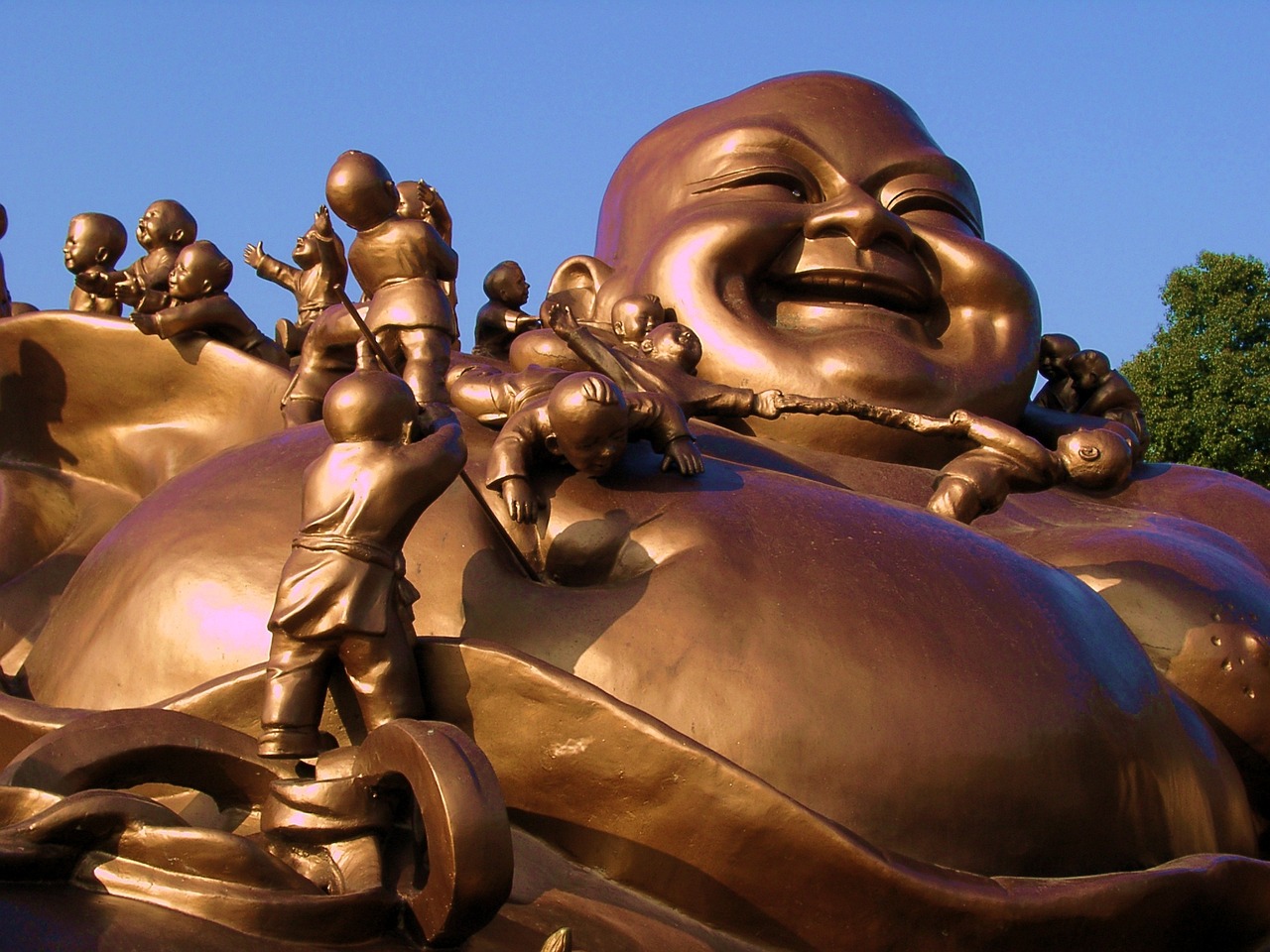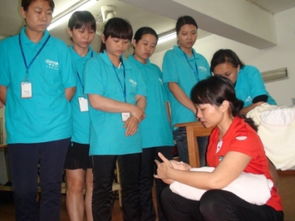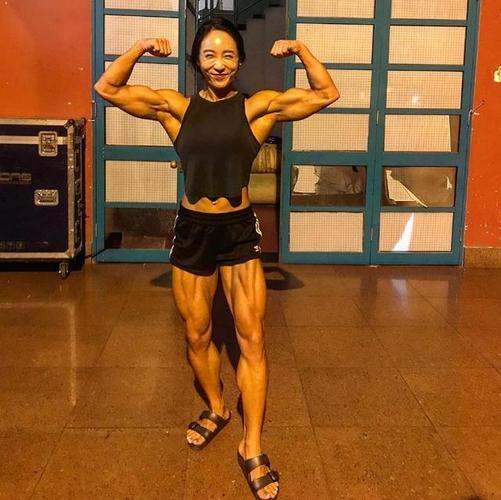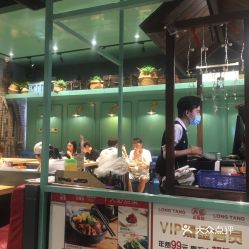"月嫂先生" translates to "male postpartum caregiver" in English. It refers to a man who works as a postpartum caregiver, providing support and assistance to mothers and their newborn babies during the postpartum period.
In many cultures, the postpartum period is a critical time for mothers and their babies as they adjust to the new dynamics of parenthood. Traditionally, postpartum caregivers, often referred to as "月嫂" (yuè sǎo) in Chinese culture, are women who offer various services to new mothers, including cooking nutritious meals, providing breastfeeding support, assisting with newborn care, and offering emotional support and companionship.
The emergence of male postpartum caregivers like Steven reflects changing societal norms and an increasing recognition of the importance of diversity and inclusivity in caregiving roles. While traditionally caregiving has been seen as a predominantly female role, the involvement of men like Steven challenges these stereotypes and offers new perspectives on caregiving.

Steven's role as a male postpartum caregiver may bring unique advantages to his clients. For instance, some families may feel more comfortable with a male caregiver, especially if they have cultural or religious preferences that dictate modesty or genderspecific roles. Additionally, Steven's presence may offer fathers a role model for more involved parenting, breaking down gender barriers and promoting shared responsibilities in childcare.
However, it's essential to recognize that the acceptance of male postpartum caregivers may vary across different cultures and communities. Some families may still prefer female caregivers due to cultural or personal preferences. Additionally, Steven may face challenges or stereotypes in his role, such as assumptions about his ability to provide emotional support or perform traditionally "feminine" caregiving tasks.
Overall, Steven's role as a male postpartum caregiver represents a positive step towards inclusivity and gender equality in caregiving roles. By embracing diversity in caregiving, we can create more supportive environments for families during the postpartum period and beyond.









